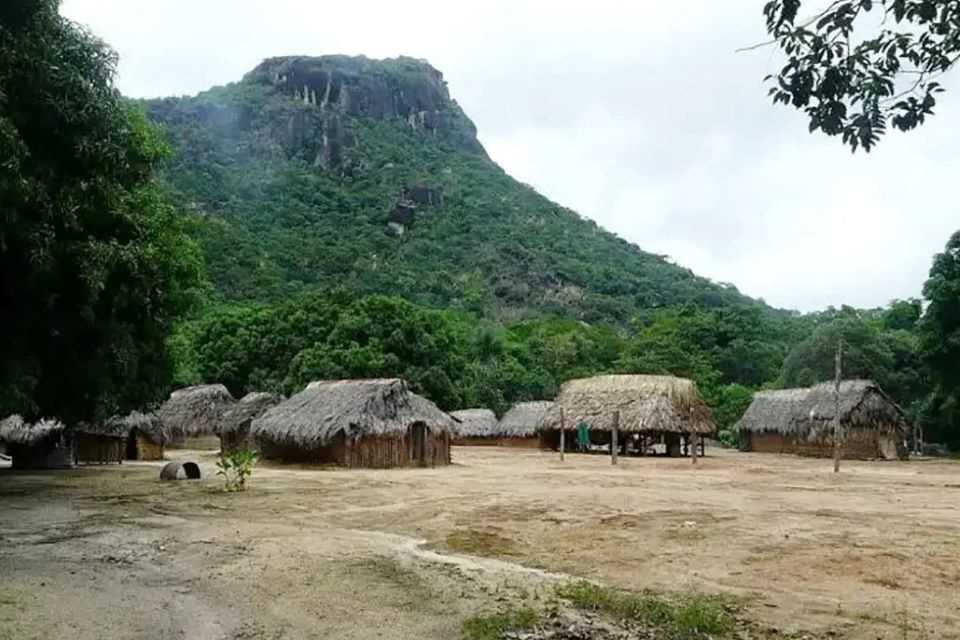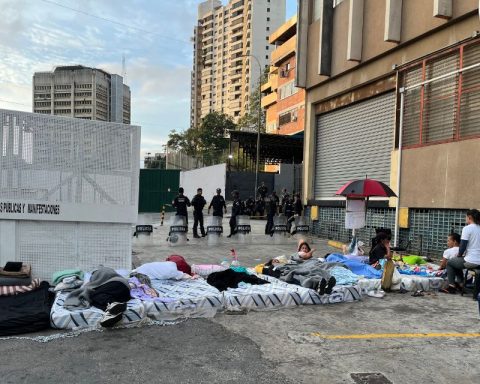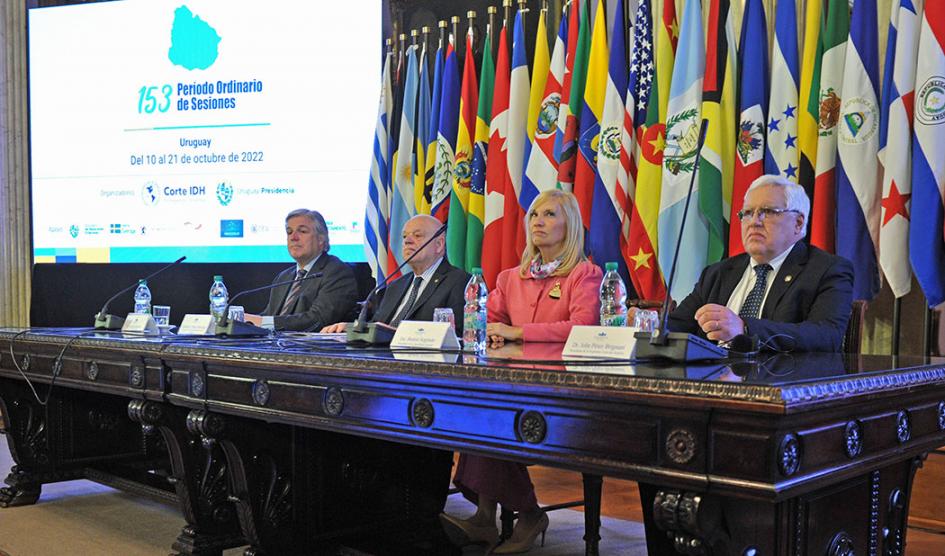On the Day of Indigenous Resistance, the Kapé Kapé Civil Association presented its report “Violation of Human Rights in indigenous communities” in which it shows the situation of these communities in terms of aspects such as indicators of social development such as education , employment, health, and social services and programs. One of the aspects that the letter highlights is that “malnutrition is a frequent health condition in both children and older adults in indigenous communities” as well as the levels of food insecurity
On the Day of Indigenous Resistance, the Kapé Kapé Civil Association presented a report that shows the living conditions of the indigenous communities of the states of Amazonas, Bolívar and Delta Amacuro, in terms of social development indicators such as education, employment , health, and social services and programs.
For the study, the Civil Association had the participation of 31 indigenous communities, distributed in the states of Amazonas, Bolívar and Delta Amacuro, where the majority of the Jivi and Piapoco ethnic groups were present from the Amazonas state, the Yekuana and Pemón from the Bolívar state and Warao by Delta Amacuro state.
Among the social problems that most affect these communities are unemployment, malnutrition, illegal mining and migration “These occupy a different order of importance in each state. Thus, unemployment in Bolívar and Amazonas occupies the first places with 40% and 38% respectively, but the main problem of Delta Amacuro is malnutrition with 30%, occupying the second place in Amazonas with 32%”, indicates the report.
52.5% of the families of the indigenous communities of the states of Amazonas, Bolívar and Delta Amacuro, that is, 1 out of every 2 households, presents a level of food insecurity between moderate and severe #KapeEnResistance #IndigenousResistanceVenezuela pic.twitter.com/7FjmO2IgQC
— AC KAPE KAPE (@ackapekape) October 12, 2022
In 31.7% of the consulted households there is severe food insecurity. This means that they have stopped consuming food for several days #KapeEnResistance #IndigenousResistanceVenezuela
— AC KAPE KAPE (@ackapekape) October 12, 2022
They highlight that the level of food insecurity registered during this first period of 2022 is lower than that registered in June 2021, where it was reported that 92% of the households of the indigenous communities presented levels of moderate to severe food insecurity.
The majority of the economically active population consulted in Bolívar, Amazonas and Delta Amacuro subsists only on the minimum wage, which is not enough to cover basic food necessities. #KapeEnResistance #IndigenousResistanceVenezuela
— AC KAPE KAPE (@ackapekape) October 12, 2022
Regarding the health condition of household members in 2022, the prevalence of respiratory and stomach diseases, malnutrition, malaria and skin diseases was observable, as has been the trend in recent studies, respiratory diseases being together with malaria the most frequent in adults and in children are those of the skin and malnutrition. In relation to malaria, this continues with an important presence as in 2021 in the states of Bolívar and Amazonas mainly, and malnutrition as a health problem, specifically in children, has been positioning itself as an important social problem mainly in Delta Amacuro and Amazonas, In reference to this, it is necessary to note that malnutrition as a result of the food deficiencies of the population was evidenced in this study through the measurement of the level of food security, which was located in the three states at 52% (moderate insecurity to severe), with Delta Amacuro individually being the state most affected by food insecurity with 95%.
Luis Cabello, a resident of the Winamorena community, tells about the consequences of the lack of medication in his community. #KapeEnResistance #IndigenousResistance pic.twitter.com/Lq9CH5uXN6
— AC KAPE KAPE (@ackapekape) October 12, 2022
School absenteeism prevails
The report by Kapé Kapé points out that although the return to attendance has been favorable, the rates of school absenteeism remain high. Unlike 2021, where students did not attend classes due to “having to work”, in 2022 the cause is the lack of teachers “a fact that, as has been pointed out, is in correspondence with the progressive deficit of teachers in schools at the national level. because the low salaries received by these professionals have made them dedicate themselves to other activities or migrate outside the country».
Another aspect is the lack of educational centers and the terrible condition of the available schools. “In relation to adaptability, a criterion that indicates that education must adapt to the particularities and conditions of the student, one of the examples that clearly illustrates the non-compliance with this prerequisite was the educational plan Every family a school, an initiative developed by the State in the context of the pandemic to give continuity to the 8 academic activities, however, this plan did not consider the needs and particularities of the indigenous educational context, resulting in a failure that contributed to accentuate school dropout in these communities.
Report: https://t.co/vYIy62RoQN #Indigenous resistance Day #KapeEnResistance #VenezuelanIndigenousResistance https://t.co/FRRm5c1sqW pic.twitter.com/uBHx9OkDgR
— AC KAPE KAPE (@ackapekape) October 12, 2022
Post Views:
57

















